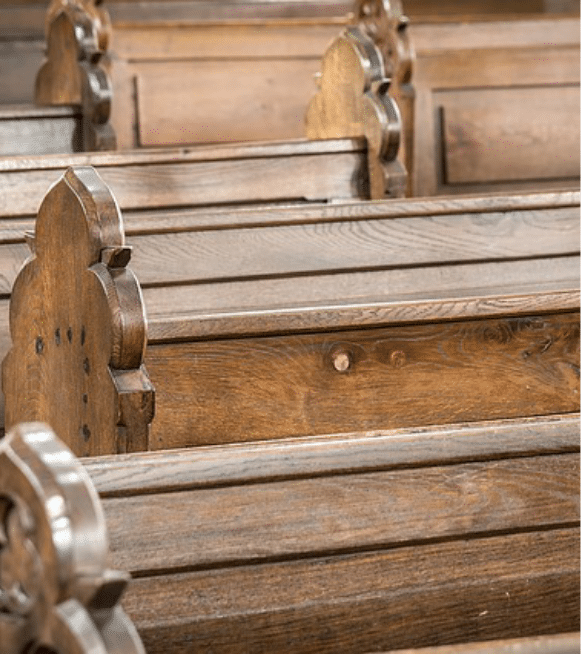Richard John Neuhaus (1936-2009), the conservative Lutheran-turned-Catholic cleric and writer, originated what would become known as Neuhaus’ Law. Deeply aware of social dynamics and theological truth, he claimed, “Where orthodoxy is optional, orthodoxy will sooner or later be proscribed.” As our own culture continues its unsettling spiritual trajectory, Neuhaus’ Law keeps playing itself out over and over again in church bodies and other Christian institutions.
Now, there are many voices that insist otherwise. What we need, they say, is some kind of expansive tolerance. In days gone by, this meant downplaying the historical accuracy and certain theological claims of the Bible in favor of what Friedrich Schleiermacher would define as true piety, which was a religious feeling of absolute and utter dependance on God. As long as someone felt and expressed that inner feeling communally, he could entertain all sorts of doubts about the Bible.
Of course, these days, the target for skepticism has shifted to the moral realm, where one finds different variants of “inclusive orthodoxy.” Rather than scoff at the historic creeds, members of the clergy and laity alike express ambivalence or outright reject biblical teachings on sex. These are the majority of today’s revisionists. They earn that label because they wish to revise something that Biblical Christians have traditionally held for all the Church’s existence. Fewer today have hang-ups about “the supernatural,” but they certainly frown upon opposition to licentiousness, which is framed as self-realization through sexual expression.
But that is not where the fight between revisionists and orthodox believers who maintain biblical positions typically starts. The first demand of the revisionist is to live and let live—to allow for clergymen and laymen alike to disagree on matters of fundamental doctrine or sexual morality. And, typically, that involves changing denominational stances and statements in various synods, councils, assemblies, or conventions. The insistent promise is that there is “room for everyone” in the big tent of whatever ecclesiastical body or ministry the revisionist finds himself a member.
Read more at WORLD Opinions.
St. Jude's Anglican Church
We are a parish of the Reformed Episcopal Church. We have been worshiping together in the greater Richmond area for over a decade. We’d love to have you join us for Christian worship in the rich Anglican tradition.




